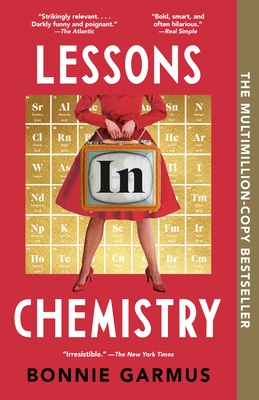Common Rail System for Gdi Engines: Modelling, Identification, and Control
(Part of the SpringerBriefs in Electrical and Computer Engineering Series)
Select Format
Select Condition 
Book Overview
The Common Rail System.- Mathematical Modeling of Pressure Dynamics.- GDI Injector Model.- Control Design.- Injection Time Management.
Format:Paperback
Language:English
ISBN:1447144678
ISBN13:9781447144670
Release Date:November 2012
Publisher:Springer
Length:81 Pages
Weight:0.31 lbs.
Dimensions:0.3" x 6.1" x 9.0"
Related Subjects
PhilosophyMore by Neil Wyatt
Customer Reviews
5 customer ratings | 4 reviews
There are currently no reviews. Be the first to review this work.






















